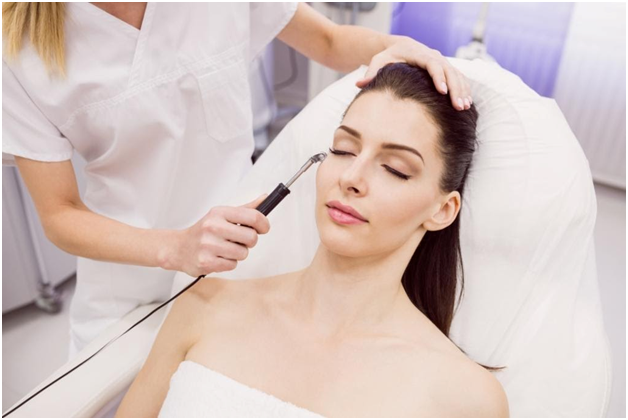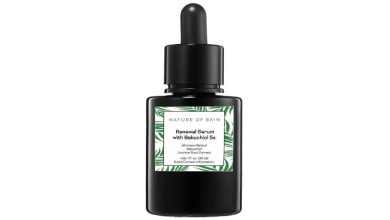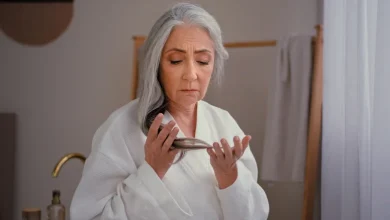Top 8 Skin Diseases for which you need to Consult a dermatologist

Summary: Download a health app today and get an appointment with a leading dermatologist to cure your skin disease.
Everyone wants glowing skin, without spots or blemishes. But sometimes, skin diseases prevent you from having perfect skin. So, rather than letting the skin problems take over, you should take charge. Download a health app and get an appointment with a leading dermatologist to address and cure your skin diseases.
Contact the best dermatologist in Delhi for these eight skin diseases
#1 Acne
Acne is a common skin condition across the world. It leads to different blemishes like deep cysts, pimples, blackheads, and whiteheads on the skin. Acne occurs when the oil glands of the skin produce excessive sebum that clogs pores. Common treatments of acne are oral medication, prescription gels and creams, over-the-counter ointments, laser therapy, and chemical peels. Lack of timely treatment from the best dermatologist in Delhi might cause permanent scarring.
#2 Eczema
Eczema is the general term for a several chronic skin conditions that lead to swelling (inflammation) of the skin. It also leads to emotional distress and discomfort, along with itchy, dry, swollen, and red skin. Dermatologists rely on certain tests and skin examinations to diagnose eczema. Prescription creams and over-the-counter medications can help ease the condition. You also need to maintain a proper skincare regime.
#3 Psoriasis
An overactive immune system leads to a condition known as psoriasis. It leads to rapid production of skin cells, which pile up on the skin surface. The patches that are formed as a result are known as plaques. These patches are red, thick, and have silvery scales. Psoriasis is commonly noticed in the scalp, face, legs, knees, and elbows. Dermatologists recommend oral medication to control the overactive immune system.
#4 Skin Cancer
Skin cancer is one of the most common types of cancer. It is also the easiest to cure when diagnosed early. Melanoma is the most dangerous kind of skin cancer. If you notice any warning signs, such as skin growths that change color or shape, visit a dermatologist at the earliest. Consult a dermatologist for an annual skin check-up for signs of skin cancer.
#5 Rosacea
Rosacea is one of the chronic skin conditions that also impact the eyes. As such, people who have rosacea look flushed, with redness around their chin, cheeks, and nose. At times, there is redness on their chest and ears as well. Swelling and skin bumps are common in some cases, and the skin becomes thicker in severe cases.
#6 Varicose and Spider Veins
Varicose veins refer to painful, twisted, and inflamed veins that form as the valves in the veins become damaged or weak. Such veins usually look raised or bulging and develop over the legs. The biggest concern with varicose veins is that it increases the chances of skin sores and blood clots. Usually, the treatment for varicose or spider veins includes lifestyle changes, oral medications, and wearing support stockings.
#7 Skin Infections
You should also visit a dermatologist for the treatment of skin infections caused by bacteria, viruses, fungus, or yeast. Fungus attacks lead to itching and irritation, and conditions such as athlete’s foot. Bacterial infections might turn deadly if not addressed on time. Viruses can lead to herpes and warts. Let your dermatologist diagnose the infection source to figure out the best treatment plan for you.
#8 Urushiol Rashes
Poison ivy, sumac, and oak are plants having a type of oily allergen known as urushiol. Coming in contact with urushiol causes blisters and itchy rashes. These symptoms show up about three days after contact. These are not contagious rashes and tend to disappear in one to three weeks. Since these rashes can be itchy, open blisters and continuous scratching can cause a more serious infection. Oral medication and prescription creams are helpful in this regard.
Download a health app today to get treated
If you have the signs or symptoms of any of these eight skin diseases, waste no time in seeking treatment from a dermatologist in your area. Follow the advice of your dermatologist to get back your spotless, glowing skin.




